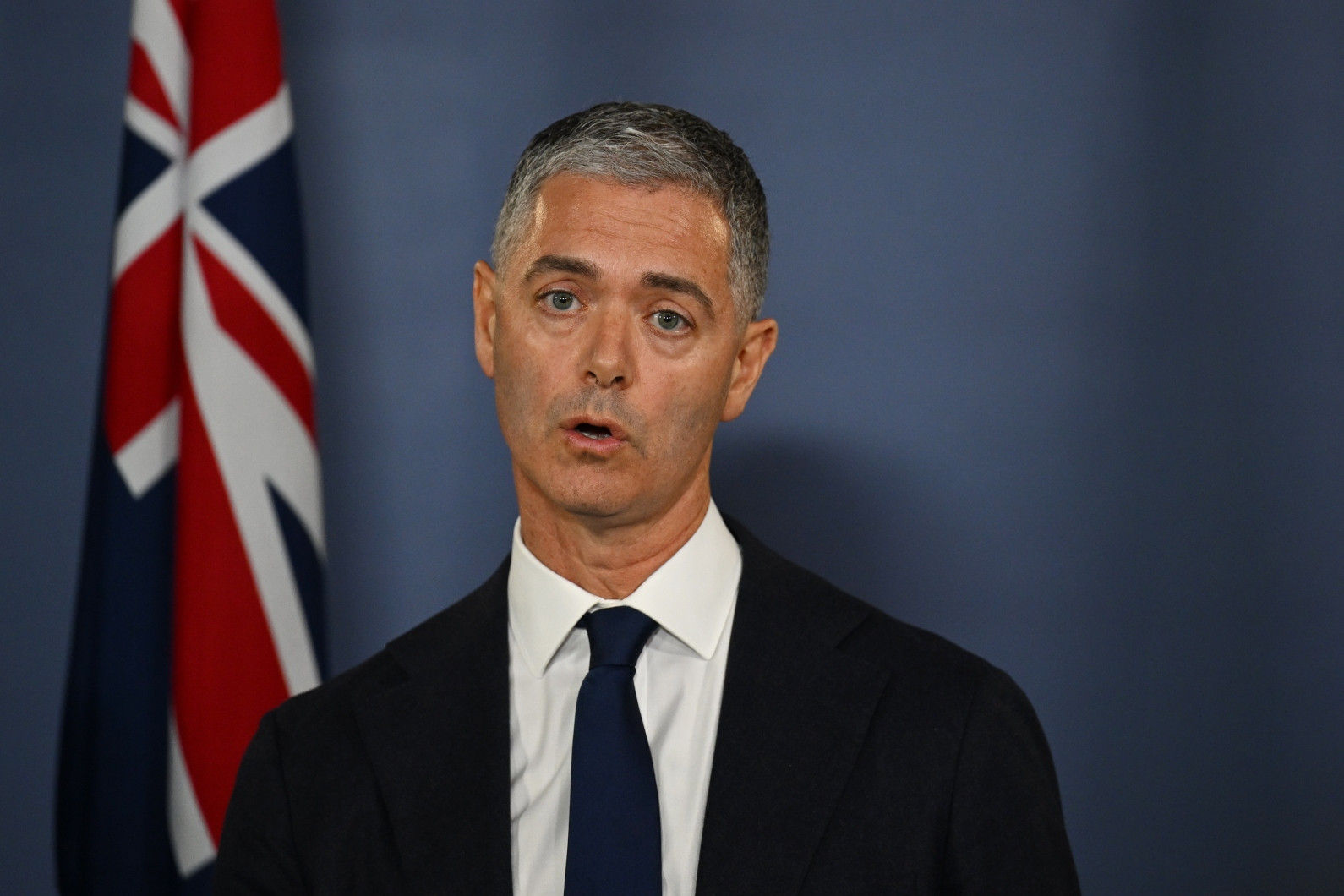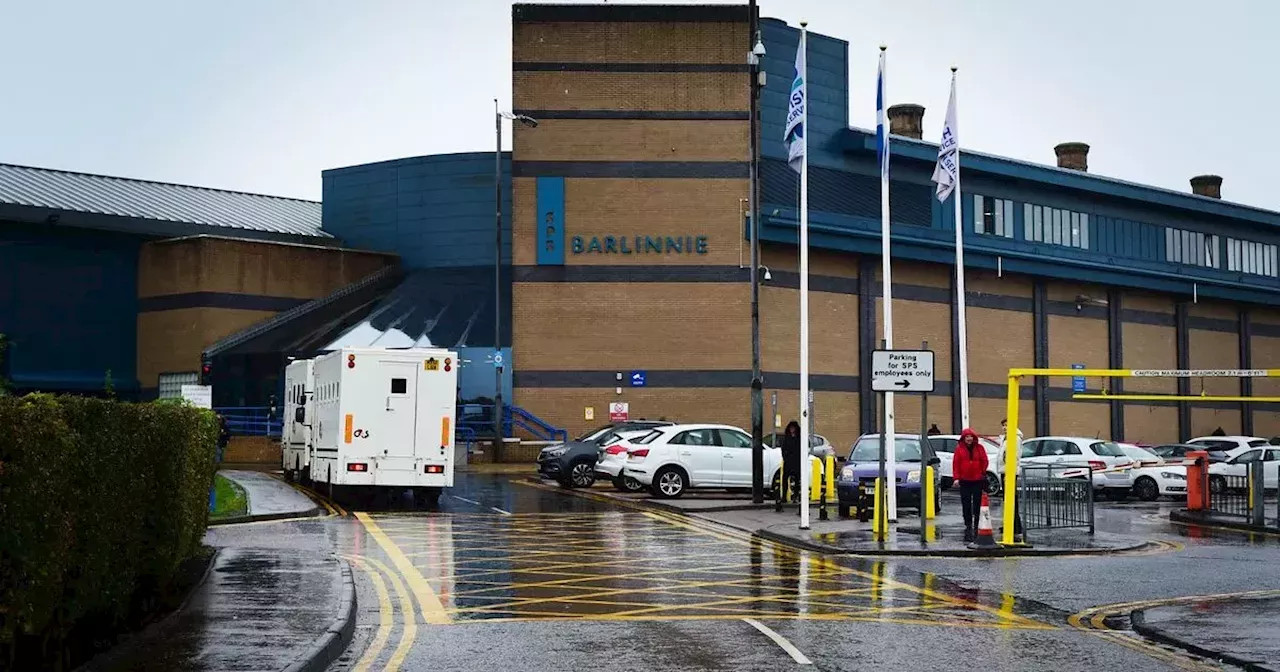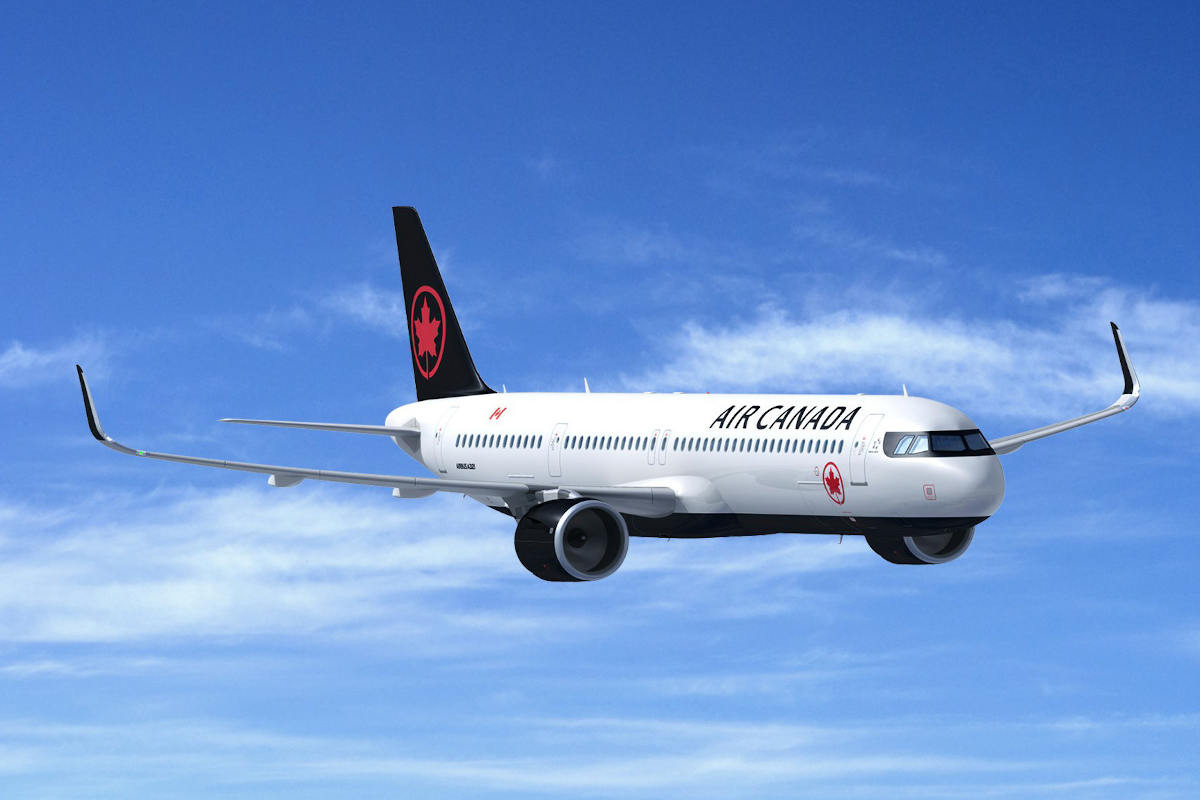Public servants in Australia’s biggest city have been ordered back to the office – officially ending the work from home era – in a blow to Aussies’ lifestyle and housing preferences.
As of Tuesday, NSW Premier Chris Minns has ordered all public servants back to the office every day of the working week, The Daily Telegraph reported.
Back to the Office
“The more our experience of work is shared, the more united we become,” is the justification for pulling the rug on WFH.
“This means being physically present in our organisations.”
However the move flies in the face of the preferences of many Aussie workers.
Work-From-Home Flexibility
New data from Imagine Frankston showed 1800 of 2000 Aussies surveyed (90 per cent) were open to living along the urban fringe if they had the option to work from home.
1020 survey participants (51 per cent) said they were motivated by the prospect of bigger properties, back yards and floorplans offered in greater metropolitan areas, while 900 prioritised their distance to beaches and parks than to the CBD.
The City is Empty
The Demographics Group director Simon Kuestenmacher said those living in the city weren’t necessarily moving to the suburbs for lifestyle, but because they didn’t have a choice.
“This is a very expensive environment at the moment; lots of financial pressures, very little available housing stock,” Mr Kuestenmacher said.
He said many Millennials who were having children were being forced to look to the urban fringe or in the regions for homes that were big enough for their families.
For Deeva Richardson, who lives in Frankston 55km south of the Melbourne CBD, the move her family of four made in 2015 from Hawthorn in Melbourne’s inner east has been one of their best decisions.
“While we love the inner city, we love the lifestyle of Frankston, the beach, summer and winter,” the clinical therapist and social worker said.
“Everything’s a hop, skip and a jump away; especially given the EastLink and the train, it’s quite easy to get to the city.”
When the pandemic hit and forced Ms Richardson and her husband to work from home, she said that solidified their decision to stay in the bayside suburb and purchase a larger property in 2021.
Frankston City Mayor Nathan Conroy said city slickers had shifted their living priorities as many were now working predominantly from home.
“People are imagining the possibilities of what the Australian dream really means; to many it means beaches, wildlife, nature,” Mr Conroy said.
“We have seen both sea and tree-changers drive an unprecedented level of growth in the past few years.
“What is happening in Frankston City right now is a really good example of what is happening at a greater metropolitan level.”
The Future of Work
It remains to be seen if other states will follow NSW lead, but the move could mean that inner city Sydney locations that are a relatively easy commute to the CBD could see a considerable rise in demand and value.
On the other side of the coin, more affordable, more lifestyle friendly area such as in the Illawarra and on the NSW South Coast that are a length commute could slide in value if the WFH is put to bed.
The move by the NSW government has sparked debate about the future of flexible work arrangements in Australia. Many workers have embraced the flexibility of working from home, and some fear that the government’s decision could lead to a decline in quality of life and affordability in cities like Sydney. However, supporters of the government’s decision argue that returning to the office will boost productivity and economic activity. Only time will tell what the long-term impact of the NSW government’s decision will be.

















